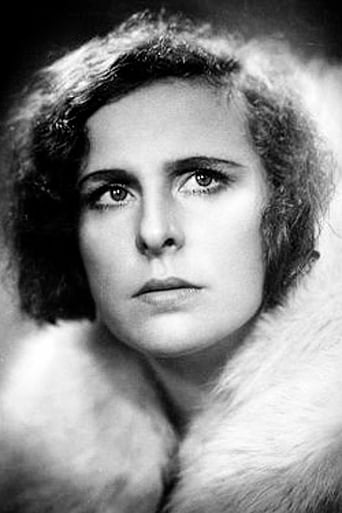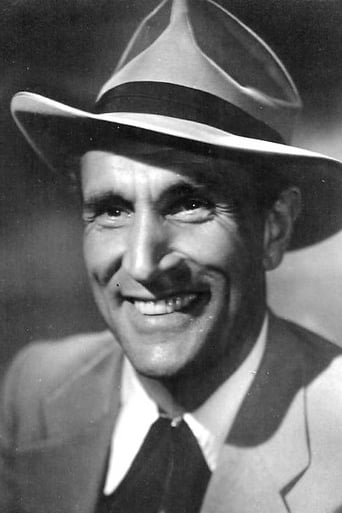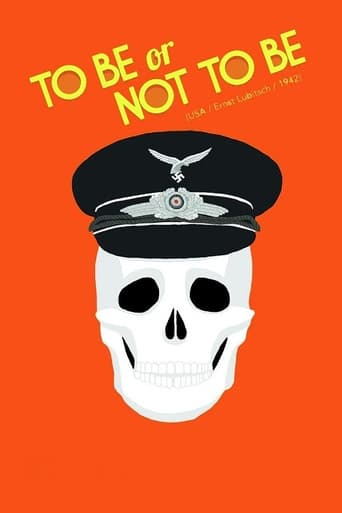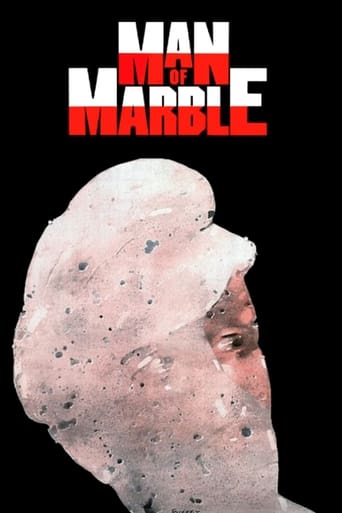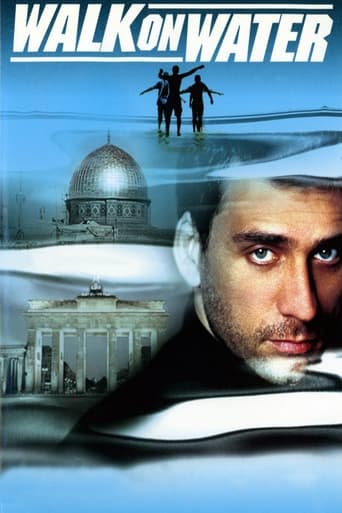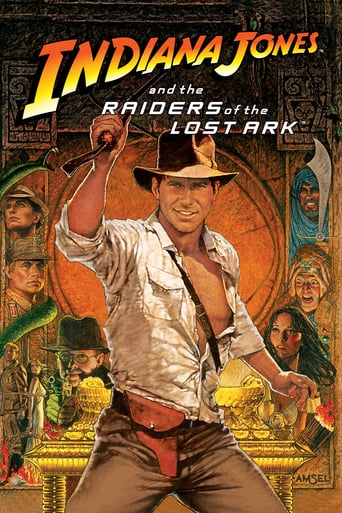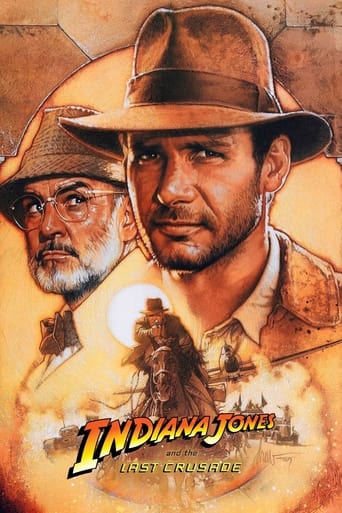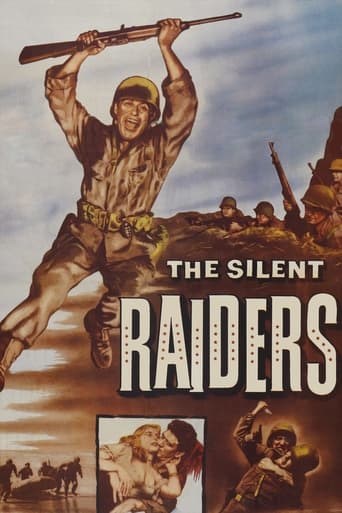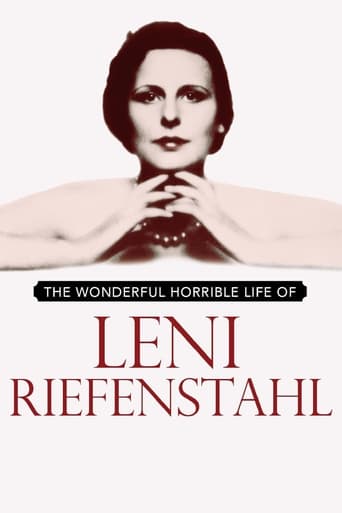
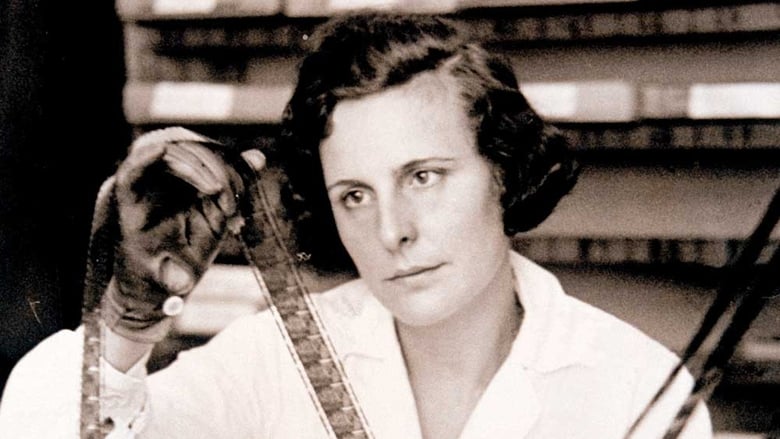
The Wonderful, Horrible Life of Leni Riefenstahl (1993)
This documentary recounts the life and work of one of most famous, and yet reviled, German film directors in history, Leni Riefenstahl. The film recounts the rise of her career from a dancer, to a movie actor to the most important film director in Nazi Germany who directed such famous propaganda films as Triumph of the Will and Olympiad. The film also explores her later activities after Nazi Germany's defeat in 1945 and her disgrace for being so associated with it which includes her amazingly active life over the age of 90.
Watch Trailer
Cast


Similar titles
Reviews
This is a a pretty good biography of Leni Riefenstahl; done in her dotage- about ten years before she died when she was relatively still quite active. Though the film does not really emphasize this, Leni was VERY active for a 90 year old woman and ultimately lived to be 101! Now, having mentioned that it should also be noted that about 80% of this movie covers the work she did before she reached the age of 43. Imagine a biographical movie of Bob Hope (her closest contemporary) that profiles his work from age 24 to 42 (end of WWII) and then passes over most of what he did afterwords until he was 90! One would certainly miss a lot of good biography! In the case of Riefenstahl the years from her early 40s to her early 60s are not of much interest, biography wise, as she was inactive due to one fact: Her side had lost the war. If the Allied side had lost the war then I think Leni Riefenstahl would have been quite active and well known throughout most of the world during that time.Since the side she was on did lose the war Leni was very hesitant to say that she really supported the National Socialist movement in Germany. When confronted with some written facts concerning her involvement (such as entries in Goebbels diary) she either denies it, or when she cannot deny something (such as her congratulatory telegraph to Hitler when German forces marched into Paris in 1940) she offers a different "interpretation" of why she sent the telegram. Obviously she was lying then, but I do believe she was truthful to some degree about her ambivalence towards the National Socialist movement. Suffice to say that there are some pointed questions directed at her (in her dotage) during this documentary, and she does try to answer most of them.For the movie maker enthusiast there are some real good segments on how she (and her workers) did the filming of Nazi marches and Olympic sporting events as well as in some of her theatrical released films. The biography makers seem to give her at least grudging admiration for her work and accomplishments. I am of the same opinion myself.Perhaps the final judgment of her (if not of her work) lies with the "De Nazification" Panel that reviewed her during the post war era. They came to the conclusion (which I, for one, support) that though she was not a Nazi; she was definitely a Nazi sympathizer. And, it would be hard to refute that finding. All things considered that was not necessarily that terrible of a finding (at least for most people living in Germany then), but the horrified look on her face (in a photograph taken when the finding was announced) showed that she realized, at that very moment, that her career as a movie maker was finished. Had she been working for the equally repulsive dictator Joseph Stalin a finding that she was a Communist sympathizer would not have hurt her as much as the Russians were on the winning side. But, the side she did work for lost the war, and she lost her career as a result of that.
She was first and foremost a visual artist. What comes across here is her being duped, along with so many Germans, by the aim of the Nazi party.Her two most famous documentaries were made under the delusion that the prevailing party had a worth mission. This documentary helps to explain this perspective from Riefenstahl's eyes.Her true awakening came toward the end of the war, when she saw Hitler not visiting bombed out cities to witness the devastation. The final blow was her visiting the concentration camps and seeing the horror there.This documentary shows many shots of Leni sharing things from her perspective, and denouncing the Nazi regime.It goes on to show her film work during the war, followed first by her African trip to Nubian tribes, then to her fascinating under water film work. In all cases, her interest comes across as artistic and apolitical.This is a most informative documentary on one of cinema's most controversial figures.
Athens 2004, the 28th Olympiad starts at this very moment. The very person I can think of is the late 101-year-old controversial, influential and unbeatable Leni Riefenstahl, a poor wasted genius whose life and career were both 100% brutally ruined by a political party, or maybe herself too.The fantastic and unforgettable dogme covers her life comprehensively since her rise to fame as an actress in silent movie until her most recent life in early 90's. No one would deny that she was a pioneer in film-making especially the technical aspect. Some of her invented methods are still widely adopted: burying a camera into the ground to shoot a running athlete etc. And again, sheerly from the artistic point of view, (sorry, Jewish friends), no one would deny her Olympia: Festival of the Nations + Festival of Beauty and Triumph of the Will are films which can successfully instigate the Aryan patriotism and emotion. Picture that, she had done all these in her thirties.What hits people the most should be Riefenstahl's toughness and strong will. That's exactly what I envy of: her infinite energy and creativity. Though she failed to collect funds to produce films, she turned to African tribes, the underwater organism and we can still see her dazzling light in photography. She was full of humour, for instance, she told the dogme directors that she lied about her age (to be 20 years younger, "70") so she could dive into deep water at 90 in a childlike manner. She complained to the production crew that "talking while walking is like a talking vampire" that she didn't want to use the mic.She may or might have created her own tragedy. "Wrong timing", I believe should be the most appropriate description of her life: she rose to fame too soon and rolled down from it too soon. RIP, Leni, you don't need to shoot anything about the 2004 Athens Olympic Games for anyone's ambition, including your own.
This film explores the boundaries between the artistic and the political (or, when does fiction have to pay for the reality it may help to create?).Why is Leni Riefenstahl, who created propaganda for the murderous Hitler ("Olympia" -- which pioneered many of the techniques now cliche in sports camerawork and editing, and the notorious "Triumph of the Will"), despised and reviled while the work of Eisenstein and others who created propaganda for the murderous Stalin is lovingly taught in film schools? Well, maybe it was because Stalin was on the winning side of the war, according to Ms. Riefenstahl, a tough old broad who was apparently ecstatic about being interviewed. Up to a point.This is a top-notch documentary. The cinematography is gorgeous. The probing questions are important. Riefenstahl is alternately combative, charming, evasive . . . and a whole lot of other things.I give it a 9 of 10.


